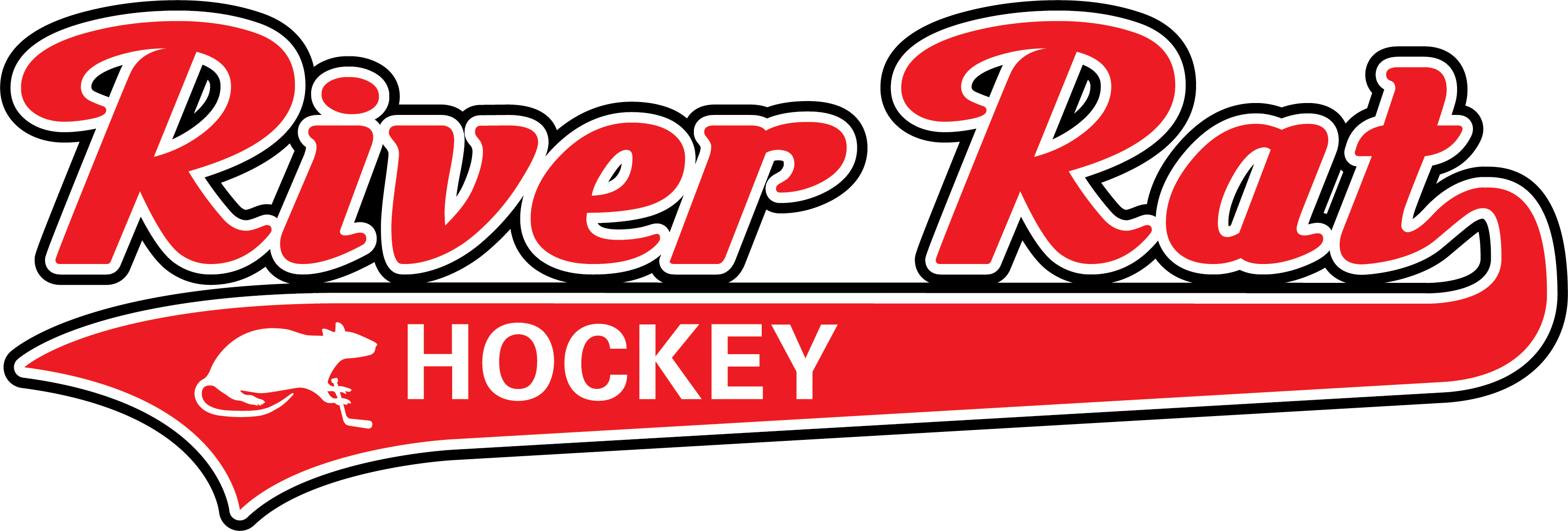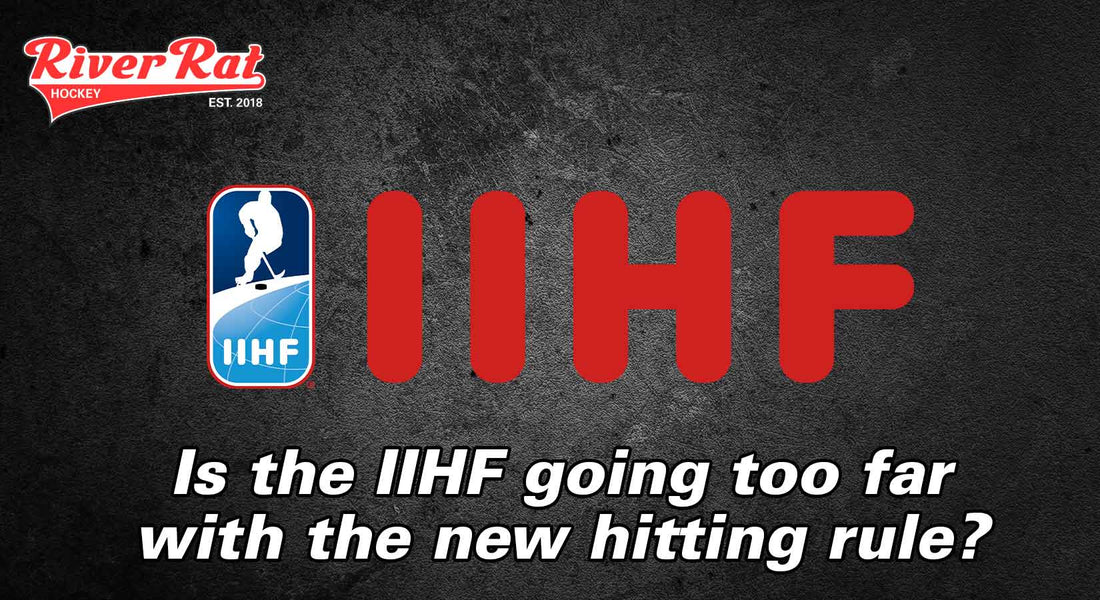I'd never thought I'd see the day where the sport itself was trying to legislate the idea of hitting at the upper levels of hockey. But here we are.
The World Juniors Hockey Tournament is just getting underway as of the writing of this blog post. The IIHF (International Ice Hockey Federation) decided to implement the new Late Hit Rule, or Rule #153, into its first major contest with the World Juniors. Many people who play and referee have pointed out the concerning language from the new Late Hit Rule.
From the IIHF Rulebook:
A late hit constitutes a bodycheck to an opponent who no longer has control or possession of the puck. The opponent may have been in control or possession of the puck when the defending player committed to making a bodycheck, but the checking player risks a penalty if the flow of the game is such that the opponent is no longer in control or possession of the puck and has completed his action with the puck by the time the bodycheck is made. A late hit can be delivered to an opponent who is either aware or unaware of the opponent making the late hit.
i. A player who is not in the immediate vicinity of an opponent in possession or control of the puck and still delivers a check to that opponent, who is aware of the impending contact, will receive a minor penalty.
ii. A player who delivers a late hit to an unsuspecting opponent will receive a major and automatic game-misconduct penalty.
iii. A player who recklessly endangers a vulnerable opponent by a late hit will be assessed a match penalty.
The wording I would like to point out is aware or unaware. While this might seem to help clarify a few things, those words make this rule a very hard judgement call to make on the part of the referee. While judgement calls are a part of the game (Checking from behind, head contact, etc.) in theory two of the exact same hits could be called differently depending on if the referee feels he's aware or unaware.
According the video posted here by the IIHF and the IIHF Rulebook, If a player is aware of the impending hit and gets rid of the puck before the hit takes place and the opposing skater is not in immediate vicinity of the player about to be hit, a 2 minute minor for a late hit shall be called.

Image: Screenshot from the IIHF Late Hit Video
So according to their own video, using the net as a reference (Nets are approx. 6ft wide) if you are within a body length of a player, that can still be a late hit. Playing for over 12 years and refereeing just at long, that is a very small window as the hitting player to pull up and to avoid the hit.
Do I personally think that's late? I don't think so at all. By the time the teammate receives the puck they are within a couple feet. There's no pulling up at that point. especially at junior level hockey speed let alone professionals. Something to point out as well, most rule books have some form of a blatant late hit penalty anyways usually in the form of Interference, Roughing, or any of the checking penalties depending on the situation.
According to their new rule, the Major + Game Misconduct should be called when a player is unprepared and vulnerable position to be hit.

Image: Screenshot from the IIHF Late Hit Video
No one would be in disagreement that this at the very least is a poor hit at best. White is completely unaware of any impending danger to him. But for the sake of this post let's say we had to call a penalty here and we don't have the Late hit option. What could we use?
We could use the Boarding rule #119, stating that the player was violently thrown into the boards given he was hit by the bench and his back bent in a weird direction. Interference rule #149 could be use also. Specifically section V which states: A player who checks an opponent who is not in possession of the puck will be assessed a minor penalty for interference.
There is also a Match option as well, but their 3rd example is not only late, but an argument could be made possession was already changed by the time that his was delivered.
Going back to what was mentioned earlier about other rules being used like Boarding or Interference, there are multiple calls that could be used to discourage bad, poor, or late hits. So why make the new rule?
My theory is that they are over correcting an issue instead of instructing officials to be tighter with their calls or be more accurate with their calls. USA Hockey did some similar a while back to correct officials from calling other penalties besides Checking From Behind by using other penalties in their rule book. USA Hockey tightened up their rules by adding Misconducts to 4 other penalties to prevent referees from avoiding calling the Checking From Behind penalty. While I personally disagreed with the original decision to do so, the correction is this case may have helped.
So here's my issue on why I personally feel the IIHF is overstepping with this new rule. Unlike USA Hockey where there is a variety of experience across the board and the rules are meant to be tighter to protect kids, referees in the IIHF are more than enough experienced to make the right and necessary calls during the game. The rule also leaves just enough ambiguity that coaches and fans would argue why one hit was penalized but the next hit wasn't.
The point of the hit in hockey is to separate the player from the puck. If the hit is within the appropriate time window and the player does get rid of the puck, finishing the hit still did it's intended job, to separate the player from the puck. It is generally understood if you have the puck, you can get checked at anytime.
We need to stop punishing good clean hard hits on players and focus on using the existing rule books we have to punish players who make poor or bad hits. Most of the major sports have some physical aspect to the game and we need to make sure that while we are protecting players as best we can, to not lose the things that make the sport what it is: a fun, physical, fast hockey game.
-Mitchell

